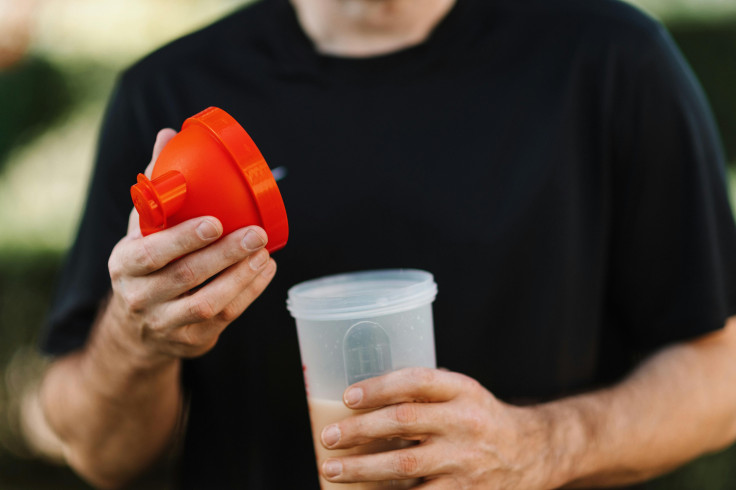Protein Shakes and Powders Contaminated with Lead: Which Brands Are Affected and What You Need to Know
Plant-based powders were found to have nine times more lead than dairy

A new investigation by Consumer Reports has revealed that many of the most popular protein shakes and powders sold in the United States contain measurable levels of lead and other heavy metals.
The report, published in 2025, tested 23 leading protein products and found that over two-thirds exceeded what experts consider a safe level of lead per serving. The findings have sparked renewed questions over the safety of dietary supplements, how contamination occurs, and what brands may be affected.
Widespread Contamination
According to the Consumer Reports analysis, 16 of the 23 tested protein shakes and powders contained detectable amounts of lead, while several also showed traces of cadmium and arsenic. These metals, which can accumulate in the body over time, have been linked to kidney and nervous system damage when consumed in excess.
The investigation found that contamination was not limited to one type of product. Both dairy-based and plant-based protein supplements showed elevated heavy metal levels, although plant-based powders were found to have up to nine times more lead than their dairy counterparts.
Experts say this may be due to the way crops such as peas and rice absorb heavy metals from soil during growth.
A spokesperson for Consumer Reports noted that some products exceeded California's Proposition 65 limit of 0.5 micrograms of lead per serving. While this level is not legally binding nationwide, it is widely used as a benchmark for supplement safety.
Which Brands Are Affected and How to Identify Safer Options
Consumer Reports did not publicly name every brand tested, but its findings align with earlier research from the Clean Label Project, which tested over 160 protein products. That study found that nearly half contained heavy metals above state safety limits. Plant-based and organic-labelled powders were among those most likely to contain contaminants.
Experts advise consumers to check for independent third-party certifications such as NSF Certified for Sport or Clean Label Project Certified, which verify that products meet strict contaminant testing standards. Nutritionists also recommend choosing brands that publish laboratory results or conduct batch testing to ensure transparency.
Why Protein Products Are Contaminated
Specialists say the issue arises from several points in the production chain. The soil in which plant-based ingredients are grown can naturally contain heavy metals such as lead and cadmium. These elements are absorbed by crops and remain in the protein concentrate after processing.
Additionally, manufacturing equipment and packaging materials may contribute to trace contamination.
The US Food and Drug Administration currently does not require dietary supplements, including protein powders, to undergo pre-market safety testing. As a result, oversight largely depends on voluntary testing by manufacturers or independent bodies.
Advocacy groups have urged the FDA to establish stricter heavy metal limits for supplements and require clearer labelling on protein shakes and powders.
Consumer Awareness and Market Response
The revelations have prompted calls for tighter regulation and increased transparency within the fitness and nutrition industry. Despite the safety concerns, demand for protein shakes remains high.
Market analysts estimate the US protein supplement sector will reach over $22 billion by 2032 (around £16.4 billion), with ready-to-drink protein beverages driving much of the growth.
Industry experts warn that unless stronger standards are introduced, consumers will continue to face uncertainty over the safety of everyday nutrition products marketed as healthy.
For now, health professionals recommend that buyers research products carefully, rely on independent testing labels, and vary their sources of protein rather than relying solely on shakes or powders.
© Copyright IBTimes 2025. All rights reserved.





















